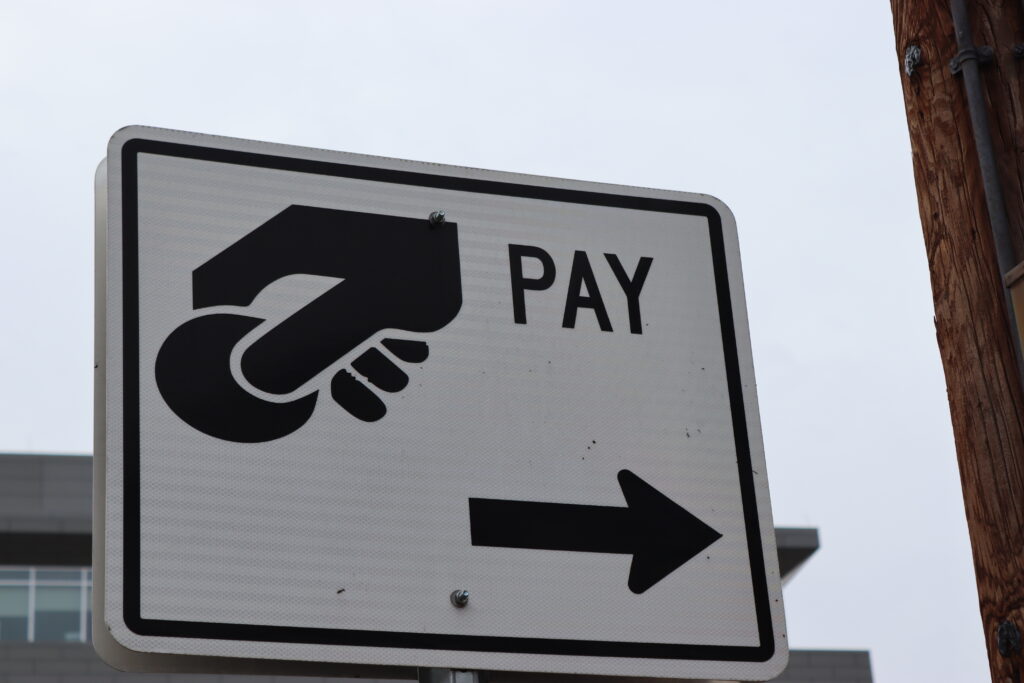You Fancy…

Ever since I started writing this blog, I wanted to write about the attorney and money. I know. I know. How can I write about this? I am an attorney in private practice. How can I write about attorneys and their relationship to money and how much we charge for our services? Isn’t that supposed to be this open secret? Shhh! We aren’t supposed to talk about the fact that we charge clients for our services. People are just supposed to know that….well….that it’s not cheap.
But, in starting to write this week’s post, I started to think about why we lawyers are so cagey about discussing how much we charge for our services. Why are we attorneys so reluctant to be open about how much we charge? I remember when I was a prosecutor, no private attorney was willing to tell me what their rate was. I mean, it was clear that they charged for their services. But, when it came time to discuss it with anyone, mum was the word. Did that mean that we were ashamed of talking about it? Or was it something more elitest than that? You only got to know how much an attorney charged if you could afford to pay for one.
The bottom line is that attorneys are expensive. WE are expensive. Period. We charge a healthy sum of money for our services. The average American would have difficulty paying for a competent licensed attorney’s services depending on their legal needs. We have to be honest and admit this. Let’s first just get through that. Our legal services can be expensive. Yes, we are expensive, however most of us that are good at what we do are worth every penny that we charge. Let’s break this down.
Solving Problems Ain’t Easy…
While there are certain aspects of our profession that become routine or straight forward, most of what we do is solve complicated problems. And often times, those problems are very costly and significantly life altering to our clients. Solving these types of problems ain’t easy in the least. Sometimes, the answer is simple, and we just need to proceed through the very well learned legal steps in order to get to the answer for a particular client. But, most often, the answer is not so simple, and we have to do a whole lot of work to first identify and figure out what the legal problem is, and then actually perform the steps to fix the problem. When you are a litigator, that is a whole lot easier said than done. Unlike transactional work, in litigation, you are actively fighting against someone else who swears that they have the right answer while you have the wrong answer. Even if you are not at odds with someone, attorneys are often tasked with solving problems that no one readily knows the answer. One prime example is when clients have made attempts to do something without the benefit of being educated about the law. Then, when what they have done results in a total mess, then attorneys are employed to clean up the legal chaos. For that, we attorneys can charge a substantial amount. Not only because the problem that we are solving is complicated, but because it takes a heck of a lot of time in which to resolve these legal issues. So, our rates are commensurate with that work. There is tremendous value in this aspect of our profession and for the life of me, I don’t understand why we would be shy about being honest about that.
The Clock is Ticking
An attorney’s time is our second biggest commodity, second only to our problem-solving skills. It takes a lot of time to sort through a lot of the legal problems that clients present to us. Digging through statutes, regulations, rules and caselaw takes loads of time. And that work cannot be skipped. In order to adequately address a client’s problem, we have to always go back to the books to ensure we have checked all the proverbial boxes. In addition, we have to write a lot. I mean a whole lot. Even the most straight forward motion can take hours to write. That is hours of time devoted to only that client’s case.
In addition, clients often increase the time it takes to do these things by needing additional reassurances, having to make pivotal decisions, and also having to answer questions repeatedly about what is going on and what is happening. Not to mention having to put out fires unintentionally (and sometimes intentionally) lit by clients during the representation. All of that takes a whole lot of time. When we spend that much time with a client’s matter it is not unreasonable for this specialized care to cost a certain amount.

We Take the Load
One other thing that, in my mind, explains the cost for our services is that we, by way of us being the problem solvers, take away a lot of the worry from the client regarding how to actually solve the problem at hand. We carry that worry and the responsibility of actually solving the problem for the client. When you drop your car at the repair shop, you rely upon the mechanic to actually fix the issue with your car and therefore shoulder the burden of how to fix the car so it operates correctly. When you leave that repair shop, there is a level of worrying that you just no longer have to do. You have given your car to the people who are going to fix it. You don’t have to rely on yourself and your own skills to fix it. You are paying the mechanic to do that. You can just feel free to pick it up when its ready and pay the bill accordingly. Clients pay for the ability to rely upon us to attend to their legal problem, so they don’t have to worry about it. And if they actually follow our advice, the dollar that they pay goes even farther. Carrying that for the client is a huge benefit to them which is inclusive in our rate. And the effort that the attorney expends to carry the worry can be substantial. That aspect of what we do should be factored into the cost for our services.
All of the things I mentioned above represent value. And value is so clearly what clients receive when they come to us to aid them in solving their legal problems. It shouldn’t be difficult to discern how much this all truly costs. So, lawyers shouldn’t be so damn cagey about discussing their rates of compensation when asked. Our value is worth the price tag. Yes, it is. That may sound absolutely obnoxious, but I as well as most of the attorneys that I know work very, very hard for the betterment of our clients. We take calls afterhours. We work on weekends. We attend hearings virtually even though called out of town for a family commitment (that was me last week). And I haven’t even mentioned the initial investment we make in our education to be an attorney.
Don’t get me wrong. We attorneys are not entitled to over charge for our services. But we shouldn’t undercharge for them either. Nor should we be so protective over the very obvious fact that we command this level of compensation for what we do. What we do is arduous, competitive, stressful and valuable. Is it really so offensive to just be honest that we charge, relatively, a lot for our services and that fact is perfectly reasonable and justified? But we do have to thread the proverbial needle too. We need to charge enough for our services to take into account all the things I mentioned. But we also have absolutely no right to charge too much for what we do as well. So how can we tell what is not enough and what is too much? Yet again, we are not taught this in law school; how to set your own fee. The North Carolina Rules of Professional Conduct state that in setting our fee we have to take into account the following things:
1) the time and labor required, the novelty and difficulty of the questions involved, and the skill requisite to perform the legal service properly;
(2) the likelihood, if apparent to the client, that the acceptance of the particular employment will preclude other employment by the lawyer;
(3) the fee customarily charged in the locality for similar legal services;
(4) the amount involved and the results obtained;
(5) the time limitations imposed by the client or by the circumstances;
(6) the nature and length of the professional relationship with the client;
(7) the experience, reputation, and ability of the lawyer or lawyers performing the services; and
(8) whether the fee is fixed or contingent.
Clear as mud, right? I have yet to hear of a law school class or CLE that tries to teach us attorneys about having a healthy relationship with money. What is a healthy relationship with money for the working attorney? It is a relationship of respect and responsibility, where we as attorneys command our value adequately and are not hesitant or reluctant to voice that value. And the best way to do that is through our fee.
